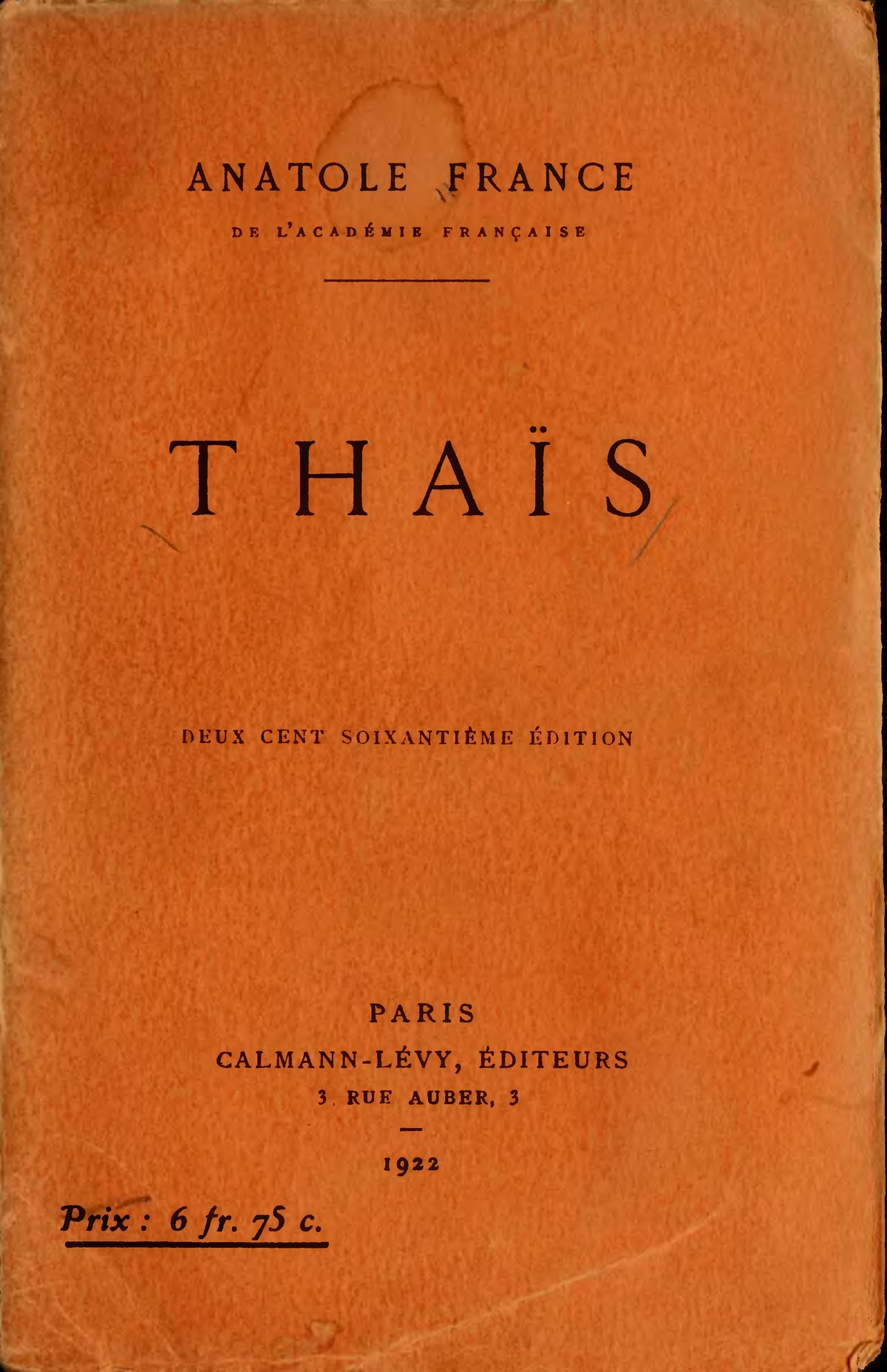PART THE FIRST
byPart the First begins with the stark image of men retreating from the world to the arid wilderness near the Nile, where silence rules and devotion replaces comfort. These hermits, both solitary and communal, live by rigid codes that reject indulgence in favor of spiritual purity. Their days are filled with fasting, sleepless nights, and prayers whispered to the heavens, all efforts directed at overcoming the inherited stain of sin. These ascetics believe that through pain and denial, the soul might ascend above the mortal body’s limitations. Despite their isolation, they remain united by shared belief, helping one another when the burden of penance grows too heavy to bear alone. Their unity in solitude reflects a paradox—together, they endure the loneliness that sanctity demands, seeking peace beyond earthly pleasure. Through these lives stripped bare of luxury, the reader sees not deprivation, but commitment to a sacred cause.
Paphnutius, once exposed to worldly allurements, now leads this harsh life with unmatched discipline. He consumes the bare minimum, wears garments coarse enough to bruise, and embraces stillness so that his spirit may remain vigilant. The memory of Thais, however, pierces his armor of prayer and ritual, unsettling the certainty he outwardly projects. His thoughts drift to Alexandria, where beauty and vice converge in the theater, and to Thais, whose image ignites not lust but concern for a soul at risk. Though he had once admired her from afar, his present mission is rooted not in infatuation but in salvation. He does not fantasize about her touch but about her transformation. To him, leading Thais to repentance would be a victory not of desire, but of divine grace conquering worldly temptation. And in this vision, he sees purpose worth any trial.
When Paphnutius enters Alexandria, the contrast is jarring. Where the desert offered silence, the city hums with indulgence—fine silks, loud laughter, and temples of distraction built for flesh, not spirit. He visits Nicias, an old companion now drowning in luxury, whose rooms overflow with rare perfumes, gold cups, and the easy confidence of a man numbed by abundance. Nicias greets Paphnutius with hospitality but not understanding; he is polite yet dismissive, brushing off matters of the soul as idle superstition. This encounter steels Paphnutius’ resolve. He sees in Nicias what Thais might become: brilliant, celebrated, and ultimately empty. The glitter of Alexandria conceals the erosion of meaning, and Paphnutius will not allow Thais to be consumed by it.
As evening falls, Paphnutius enters the theater—an arena of illusions, where stories of gods and lovers stir the hearts of crowds eager to escape. Thais, radiant under the lamplight, performs with a presence that silences even the cynical. Her role as Polyxena, the noble maiden facing death, takes on deeper meaning in Paphnutius’ eyes. It is as if she pleads not for applause, but for rescue. Overcome by vision and divine impulse, he rises from the audience and speaks—not to the crowd, but to her soul. His words cut through the glamour, exposing the fragile thread between performance and reality, between sin and sanctity. In that moment, something within Thais changes—not because of shame, but because someone finally saw beyond her beauty and reached for her spirit.
The encounter sets the course for redemption, not just for Thais but for Paphnutius as well. His asceticism was once rigid and cold, driven more by fear of sin than love of salvation. But in the act of confronting Thais, he embraces compassion. He realizes that holiness requires not just withdrawal, but courageous engagement with the world. His journey to Alexandria becomes more than a rescue; it is a revelation that purity must also be compassionate to be divine. In leading her out of darkness, he takes a step into light himself. The stage has been set, and both lives are now entwined in a story neither of them could have predicted.
Paphnutius’ mission, once cloaked in righteousness, now pulses with empathy. Through visions and confrontation, through prayer and protest, the chapter explores the boundary between ascetic distance and intimate grace. Thais may not yet understand the depth of what is offered, but her journey has begun—and so has Paphnutius’ transformation from a man of rule to a man of mercy. Through his eyes, the city no longer appears damned, but wounded. And through her eyes, he will soon see what it means to love not from desire, but from divine compassion.

